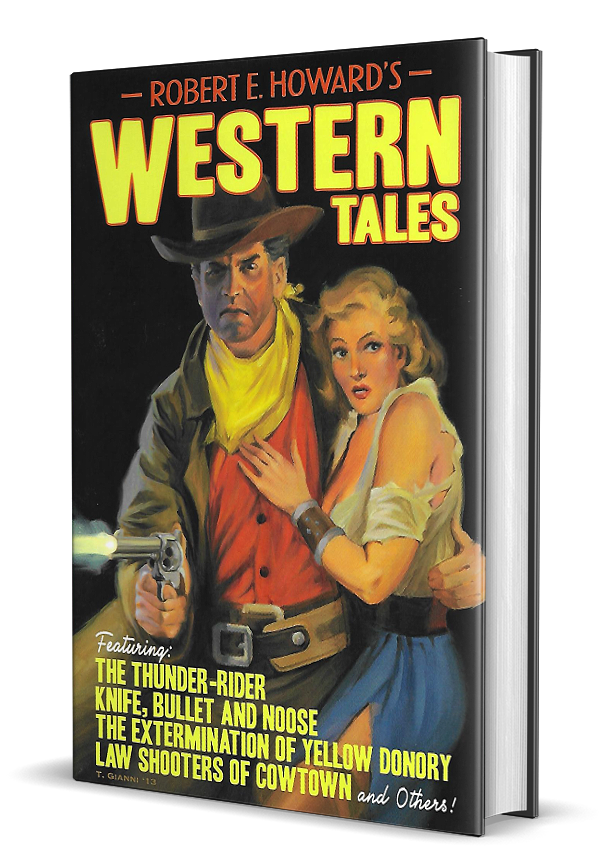Faolyn
(she/her)
And again: there's more to taking inspiration than copying it word-for-word. I've never watched Kung Fu, but it is entirely possible that other aspects of the monk were taken from it. For example, from the wikipedia page, it says "Although it is his intention to avoid notice, Caine's training and sense of social responsibility repeatedly force him out into the open, to fight for justice or protect the underdog." The 1e monk is required to be Lawful. From the page on Caine himself, it says that "He was also tutored in [...] herbal medicine" and TVTropes talks about how Caine was kind to all living things, including a scorpion that stung him. The 1e monk gains a few druid abilities--not medicine per se, but a few.Sure, but the Kung Fu series' influence seems to be limited to giving the monk creator the idea for a monk class and not really anything about the class itself. Kwai Chang Caine has almost no monk abilities. Arrow deflection is about it.




